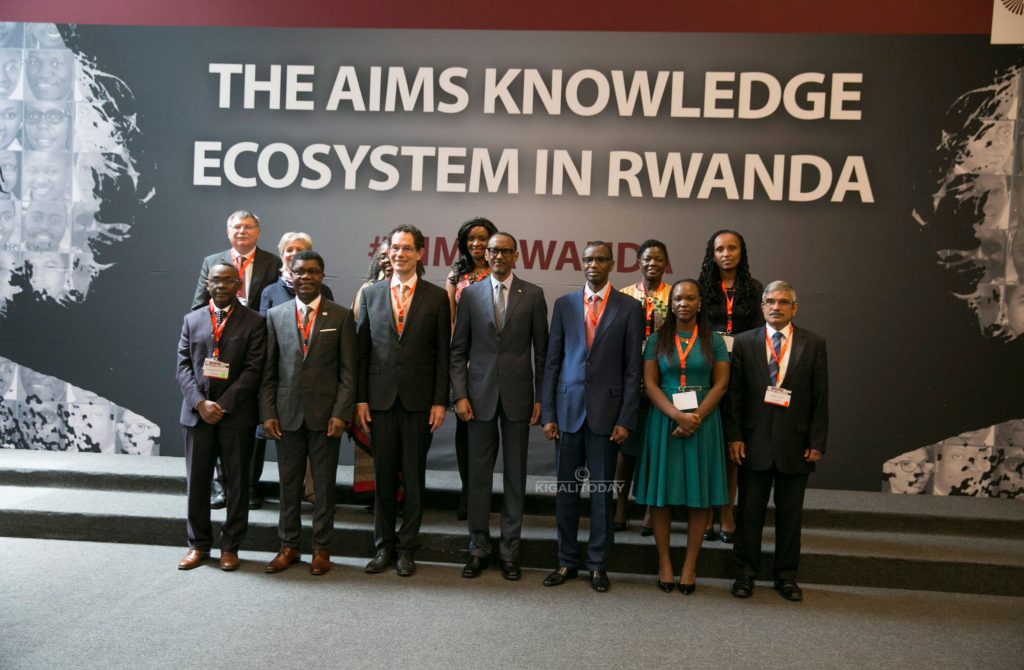Any country harboring thoughts of improving its scientific capacity must get as many youths as possible on board the STEM disciplines ship.
While there is not much to write home about when looking at quantum sciences in Africa, that might soon change. As plans to establish the African Institute for Mathematical Sciences Next Einstein Initiative (AIMS-NEI) in Rwanda, is at an advanced stage.
Rwanda has been selected to become the headquarters of the Quantum Leap Africa, the first quantum science research center to be established in Africa. The research center aims at promoting data sciences across the African continent.
The President and CEO of AIMS, Thierry Zomahun, while speaking to Julius Bizimungu from New Times about the Quantum Leap Africa (QLA), said that the future of data science lies in Africa. Adding that the continent has all it takes to become a world leader in the quantum revolution.
The following is an excerpt of Bizimungu’s from New Times interview with President and CEO of AIMS, Thiery Zomahun:
You established the global AIMS headquarters here in Rwanda and part of it was to have the Quantum Leap Africa Research Center. This looks like a dream come true, but how is it relevant to the current development efforts?
It’s absolutely a dream come true. I would like to say the Quantum Leap Africa Research Centre is a key component of a whole knowledge ecosystem that AIMS is trying to establish in Africa.
This ecosystem includes an integrated strategy for accelerating the transformation of Africa, some of which is to harness scientific and technical training of young African talents at Masters and Ph.D. level in mathematical sciences and applications.
Building any nation’s scientific capacity doesn’t happen by a snap of a finger. It happens through lifelong learning and increasing the presence of young men and women in STEM disciplines.
With the establishment of QLA, we want Africa to catch up and lead the third technological revolution because we have missed many digital revolutions, despite some countries’ efforts.
We haven’t been able to do this because of a number of factors, including the colonization and globalization’s which somehow turn Africa into a continent of consumers. Then, we face lack of investment in research and development, research infrastructure as well as science and technological education across the continent. This is the time we are realizing that we want to lead the third information technology revolution.



